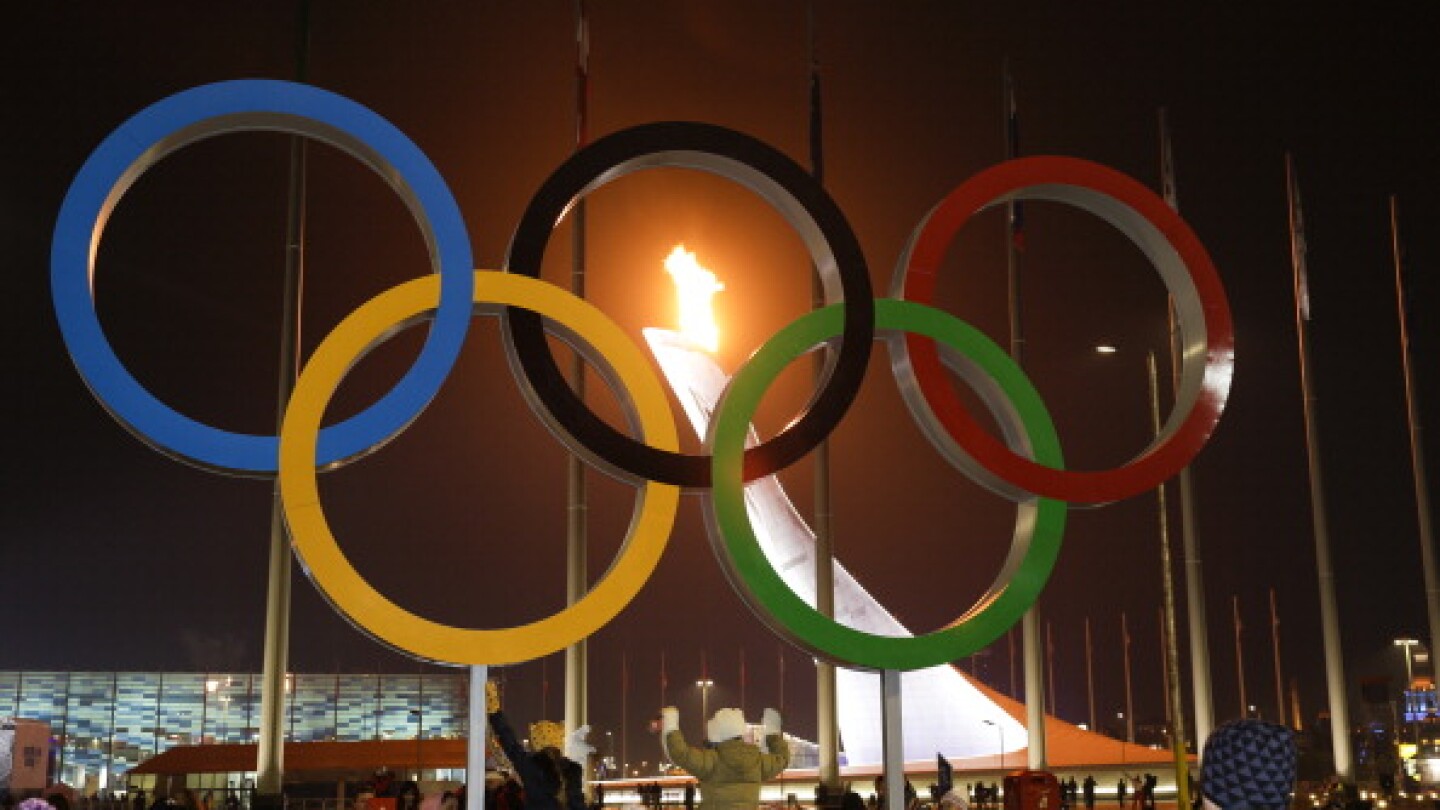If you follow Olympians or Olympic enthusiasts on social media, you’ve likely noticed that June 23 is Olympic Day.
How did June 23 come to be known as Olympic Day?
The date of June 23, 1894, is considered by many the birthdate of the modern Olympic Movement. That’s when Frenchman Pierre de Coubertin organized the beginnings of the International Olympic Committee at the Paris International Congress at the Sorbonne.
The first modern Olympics were held in Athens two years later.
Here’s how the IOC described Coubertin’s vision:
Coubertin would go on to be the second IOC president, from 1896 to 1925. His heart was buried in Olympia, Greece.
Coubertin did not live to see Olympic Day, which was not established until 1948. The first Olympic Day saw nine nations host ceremonies to celebrate the rebirth of the Olympics (the U.S. was not originally one of them but is now).
Olympic Day grew into a worldwide event not only commemorating the Olympic Movement, but also promoting fitness and sportsmanship.
Olympic Day runs began in 1987. This year, a 5.2km run was held at the IOC headquarters in Lausanne, Switzerland, followed by the unveiling of a statue of Coubertin.
“Part of Coubertin’s genius was adapting the values of Olympism to the modern world -- but he didn’t just hand us these ideas written in stone -- part of his genius was to understand that we must constantly renew ourselves and update the Olympic vision,” IOC president Thomas Bach said. “Olympic Day is one of those occasions to show how we can remain relevant.”







